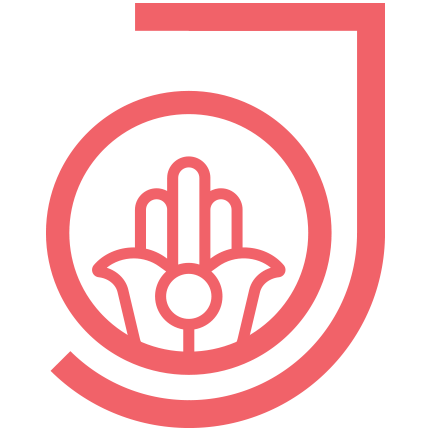Burn-out: Prevention/Intervention
Being burned out. Mentally feeling finished. Physically feeling broken. Burn-out – suffering in the workplace. And beyond. An emergency and a disease that is now spreading.
If you do not deliver, you get kicked out – this is the mantra of the modern world of work. The times when you could push your way through with half strength are definitely over. Result: rapidly increasing pressure. On the one hand by growing competition. On the other hand, by increasing demands due the course of digitization. The world of work is changing at great speed. What was learned yesterday is often no longer needed the day after tomorrow. Job profiles change half-yearly. School leavers collect training and degrees to increase their competitiveness. More and more people have more than one job.
In the perception of many, life accelerates overall. They feel like hamsters in the wheel, complain workers and employers. Time is becoming an increasingly precious commodity. Time to pursue his interests. Time for the family. Time for leisure. Time that seems to evaporate in the ubiquitous efficiency pressure. No wonder the diagnosis burn-out is becoming more common. An increase like an epidemic.
Burnout endangers companies, is a growing capital destroyer and can be the beginning of a very painful turn in your own biography. The following symptoms are signs of burnout: difficulty concentrating, short-term memory limitations, irritability and nervousness, feelings of helplessness, increasing inability to decide, feelings of helplessness, inner emptiness, tendency to retreat, difficulty sleeping, and tiredness. In addition, gastrointestinal problems, increased susceptibility to infection. And last but not least: no more desire to go to work.
“I’m fighting the clock,” people complain of burn-out or precursors. “Constantly I’m under time pressure,” they moan. “Growing responsibility weighs on me. The pressure from above increases. Everyone wants something from me. Very often I am disturbed. Often, something is left on my desk. More and more often I come out of the office late. ”
Nevertheless, hardly any recognition was received from the executive suite. They would feel left alone. Would be increasingly afraid of dismissal and an uncertain future. Would become increasingly foreign to yourself.
“I do not know who I am anymore,” said Client P. during a practice session. “I experience a strange self-denial and alienation.”



 Deutsch
Deutsch